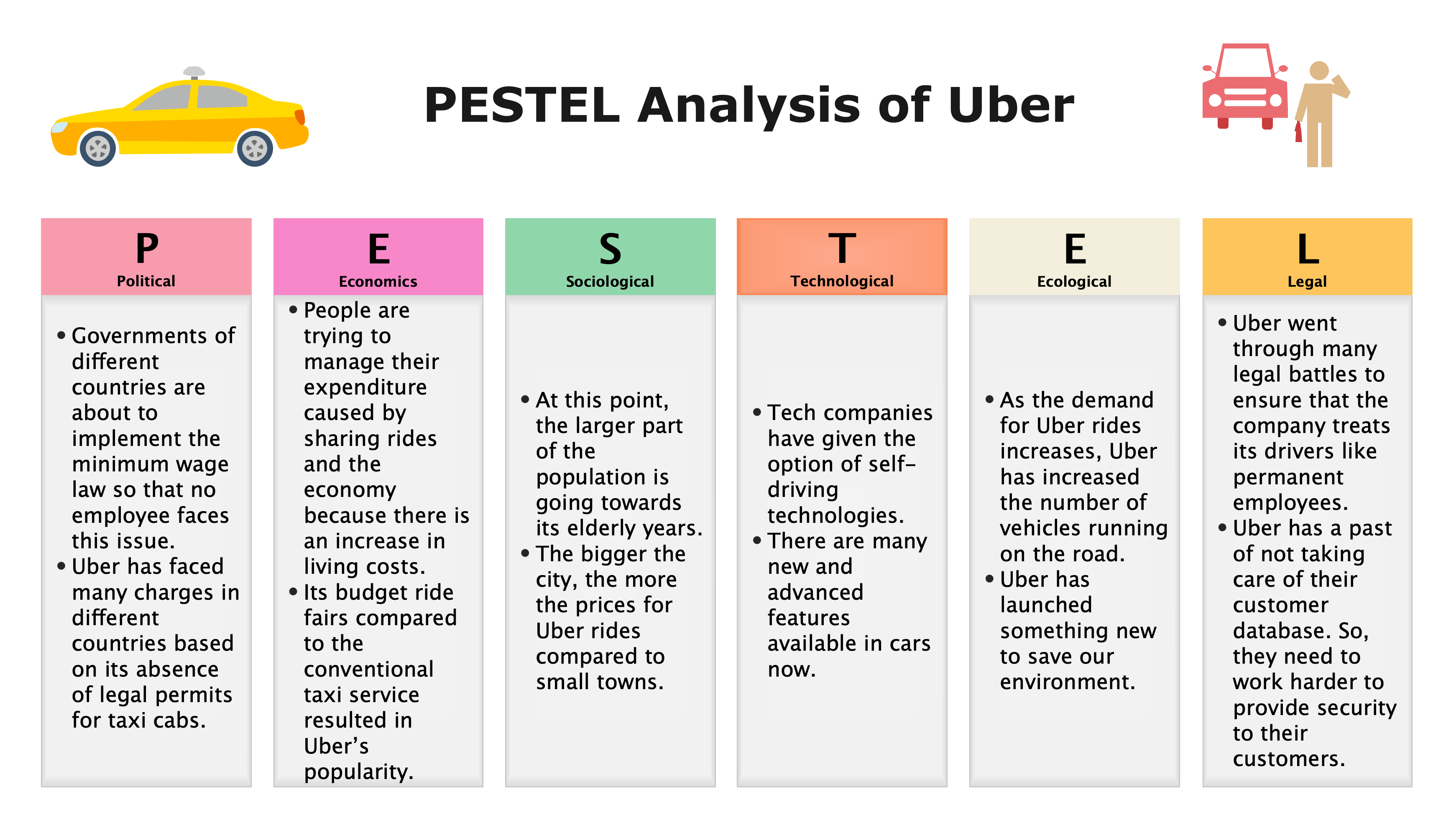Eurovision Voting Explained: From Jury To Televoting

Table of Contents
The Role of National Juries in Eurovision Voting
National juries play a crucial role in the Eurovision voting process, adding a layer of expertise and preventing the results from being solely dictated by public opinion. Each participating country appoints a jury of five music professionals – typically composers, singers, musicians, and music journalists – who are tasked with evaluating the performances based on specific criteria.
Why are Juries Important?
The inclusion of juries in the Eurovision voting system offers several key benefits:
-
Expert Evaluation: Juries bring a level of musical expertise to the judging process, considering aspects such as vocal performance, composition, originality, and artistic merit. This prevents the contest from becoming solely a popularity contest.
-
Counteracting Televoting Biases: Televoting can be influenced by factors like national pride or pre-existing popularity, potentially overshadowing the true artistic merit of a song. Juries provide a more objective assessment.
-
Promoting Diverse Musical Tastes: By incorporating the opinions of music professionals with varied backgrounds and tastes, the Eurovision voting system ensures a broader appreciation for different musical styles.
-
Each country has a jury of 5 music professionals.
-
Juries score each performance based on criteria such as artistic merit, vocal performance, and composition.
-
Jury scores are kept secret until after the televoting results are announced, ensuring impartiality.
Understanding Televoting in the Eurovision Song Contest
Televoting forms the other half of the Eurovision voting system, representing the voice of the viewing public across Europe. Viewers in participating countries can vote for their favorite songs using a variety of methods, including phone calls, SMS text messages, and dedicated Eurovision apps.
The Power of Public Opinion:
Televoting brings a dynamic element to the competition, reflecting the direct preferences of millions of viewers:
-
Public Preference: Televoting directly reflects the popularity and appeal of each song amongst the general public.
-
Broader Representation: It provides a wider representation of musical tastes and preferences than the jury system alone, ensuring a more diverse range of opinions.
-
Unpredictability and Excitement: The unpredictable nature of televoting often leads to surprising outcomes, increasing the excitement and drama of the competition.
-
Viewers in participating countries vote for their favorite songs via phone, SMS, or dedicated apps.
-
Votes are tallied and weighted equally with jury votes.
-
Televoting often plays a significant role in determining the final outcome, sometimes leading to unexpected winners.
How Jury and Televote Scores are Combined in Eurovision
The Eurovision voting system cleverly combines the scores from both national juries and televoting to ensure a fair and balanced result. Typically, a 50/50 weighting system is used, meaning that each component contributes equally to the final score.
Balancing Act:
The combination of jury and televote scores aims to achieve a perfect equilibrium:
-
Balancing Expert Opinion and Public Preference: This approach avoids a system dominated by either solely expert opinion or purely public opinion.
-
Equal Weighting (50/50 Split): This ensures that neither the jury nor the televote has undue influence on the final outcome.
-
Fairness and Inclusivity: The system strives for fairness, aiming to give a chance to various musical styles, from pop ballads to upbeat dance tracks.
-
Both jury and televote scores are given equal weight (50% each).
-
Each country's final score is the sum of their jury and televoting scores.
-
The country with the highest combined score wins the Eurovision Song Contest.
Controversy and Changes in Eurovision Voting
Despite its well-structured system, Eurovision voting has faced controversies throughout its history. Issues like "neighbour voting" (countries excessively voting for neighboring countries) and allegations of political bias have occasionally surfaced.
Ensuring Transparency and Fairness:
The European Broadcasting Union (EBU), responsible for the Eurovision Song Contest, continuously monitors and refines the voting system:
-
Preventing Manipulation: Measures are implemented to prevent fraud and manipulation, including restrictions on voting patterns and regular audits.
-
Systemic Improvements: The EBU analyzes voting data and feedback to identify areas for improvement and make necessary changes to the rules.
-
Transparency and Accountability: Transparency is a priority to maintain the integrity and credibility of the Eurovision Song Contest.
-
Rules are in place to prevent countries from voting for themselves or their neighbors excessively.
-
Regular audits are conducted to ensure the fairness and accuracy of the voting process.
-
Changes to the voting system are made based on feedback and analysis of past voting patterns.
Conclusion
Eurovision voting is a complex yet fascinating system designed to balance the expert judgment of national juries with the raw enthusiasm of the viewing public's televoting. By understanding the intricacies of both elements, we can better appreciate the results of this beloved international competition. Whether you’re captivated by the drama of the live show or intrigued by the strategic voting, mastering the nuances of Eurovision voting will undoubtedly enhance your enjoyment of this unique and thrilling event. So, delve deeper into the world of Eurovision voting and become a true expert!

Featured Posts
-
 Accountability Sought Restaurant Owners Fight After Business Theft
May 19, 2025
Accountability Sought Restaurant Owners Fight After Business Theft
May 19, 2025 -
 Get More With Uber One Kenyas New Membership Program
May 19, 2025
Get More With Uber One Kenyas New Membership Program
May 19, 2025 -
 Swissquote Bank Euro And European Futures Rise As Us Dollar And Us Futures Fall
May 19, 2025
Swissquote Bank Euro And European Futures Rise As Us Dollar And Us Futures Fall
May 19, 2025 -
 Four Week Deadline Martin Lewis Crucial Post Warning
May 19, 2025
Four Week Deadline Martin Lewis Crucial Post Warning
May 19, 2025 -
 High Performing Phillies Prospect Promotion Time
May 19, 2025
High Performing Phillies Prospect Promotion Time
May 19, 2025
